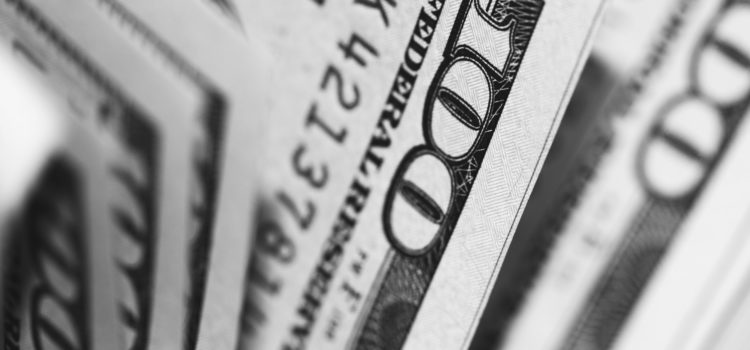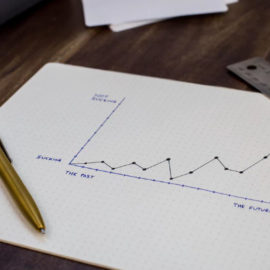

This article is an excerpt from the Shortform summary of "The Immortal Life of Henrietta Lacks" by Rebecca Skloot. Shortform has the world's best summaries of books you should be reading.
Like this article? Sign up for a free trial here .
If you buy HeLa cells, who profits? Has the Lacks family ever seen any of the financial benefits from HeLa cells for sale? How did companies like Microbiological Associates make money while the Lacks family struggled?
HeLa cells for sale show the potentially high profit from the cells taken from Henrietta Lacks. HeLa cells’ price does not include any royalty for the Lacks family.
Learn about the inequity of HeLa profits, including how HeLa cells for sale are for commercial profit and not the Lacks family.
Learning About HeLa Cells for Sale
In 1975, a Rolling Stone reporter writing a story on the widespread contamination of cell lines with HeLa reached out to the family. He discovered that their understanding of HeLa was piecemeal at best and tried to explain cell science to them as well as he could.
At the time, no one besides Deborah was too disturbed by their mother’s cells’ wide spread. But that changed when Rogers’ story was published and the Lackses discovered that HeLa cells were not only distributed for free by nonprofit institutions but there were also HeLa cells for sale by commercial firms.
HeLa Cells’ Price and Profits
This revelation caused Sonny and Lawrence to believe that Hopkins and George Gey had gotten rich selling their mother’s cells. The truth, however, was that Gey was a terrible businessman and never rich at all: He patented neither the HeLa cell line nor the roller drum he created to culture cells—either of which would have made him a multimillionaire—and at times had trouble making payments on his modest house. And Hopkins has issued multiple statements asserting the institution has received no financial reward from HeLa cells for sale.
Microbiological Associates and Others Profit When You Buy HeLa Cells
Other entities, however, have made fortunes on HeLa cells for sale. Microbiological Associates, one of the first commercial cell culture companies and earliest sellers of HeLa, was later incorporated by two of the largest biotech companies in the world. One of these companies companies that incorporated Microbiological Associates, Invitrogen, sells HeLa-derived products for anywhere from $100 to $10,000 per unit. And if you go to ATCC, which still exists, you can buy HeLa cells’ cultures for $256 per vial.
The Lacks Family Perspective
Deborah, for her part, was more concerned with how her mother had been treated than recouping money. She bought books to educate herself on cell science and recorded heartbreaking journal entries imagining how lonely her mother must have been in the hospital. She also personified her mother’s cells, and every time she read about their being subjected to new diseases and experiments, she imagined it was her mother undergoing those trials.
With the appearance of the Rolling Stone article came further media inquiries, including from publications like Jet and Ebony that were marketed to African Americans. Given the historical moment, when memories of the Tuskegee syphilis study were still fresh and the Black Panthers were accusing the white-dominated medical establishment of racism, a story involving the improper collection and commodification of a black woman’s cells was timely news. HeLa cells for sale were just another example of ongoing racism.
Although Lawrence and Zakariyya have expressed interest intermittently in suing Hopkins, no Lacks family member has actually filed suit. There are merits to their case—since HeLa cells are anything but anonymous, the family ought to be covered by the Common Rule; and since Henrietta’s descendants share DNA with HeLa cells, they ought, under the Common Rule, to be able to remove HeLa cells from circulation—but given the disruption a ruling like this would cause, legal experts are skeptical the suit would succeed. According to Sonny, the Lackses aren’t eager to keep anyone from being able to buy HeLa cells to use in research anyway. He believes Deborah would want their mother’s cells to continue helping people. HeLa’s miraculous role in 20th-century science is a source of pride for the family.

———End of Preview———
Like what you just read? Read the rest of the world's best summary of Rebecca Skloot's "The Immortal Life of Henrietta Lacks" at Shortform .
Here's what you'll find in our full The Immortal Life of Henrietta Lacks summary :
- How Henrietta's cells became used in thousands of labs worldwide
- The complications of Henrietta's lack of consent
- How the Lacks family is coping with the impact of Henrietta's legacy






